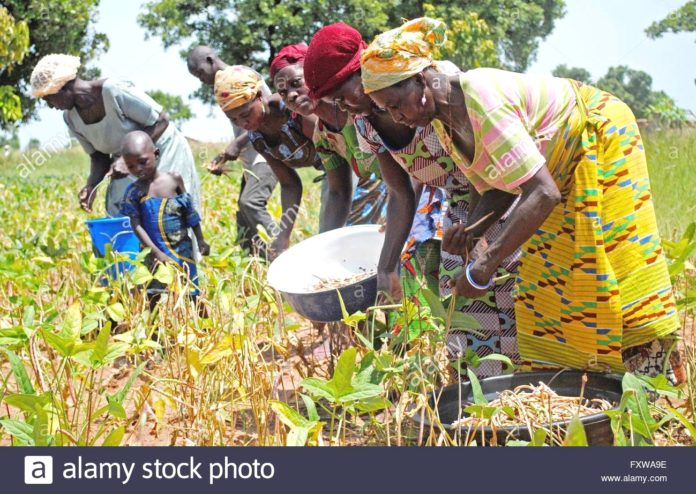Following the second call for proposals launched in June 2020 by Expertise France under ECOWAS in the framework of the GCCA+ West Africa project funded by the European Union, 11 new pilot projects for a total budget of €2.4 million have been selected in favour of more climate-resilient agriculture.
Dominated by family farming (the main source of income and subsistence for 70% of the population), West African agriculture is struggling to access resources to invest in sustainable production capacities and in the scaling up of proven technical solutions to address climate change.
Already facing structural challenges (progressive saturation of spaces, degradation of soil fertility, etc.), regional agriculture is confronted with the dual phenomenon of climate variability and climate change that affect agricultural performances, supply stability, increasing of occurrence of climate risks, and consequently income as well as food and nutritional security.
Supporting local innovative solutions with high potential for replication.
The objective of the selected pilot projects is to finance the implementation and capitalization of local innovative solutions with high potential for replication and/or scaling up for the West African region focusing on adapting to the impacts of climate change (seed selection, climate services, agroecological practices, early warning systems) and mitigating of GHG emissions (carbon storage, dewatering by solar pumping, renewable energy in processing units, etc.).
The first call for proposals launched in 2019 resulted in the selection of four projects to be implemented over a 24-month period in Benin, Niger, Mauritania, and Chad.
The 11 new projects selected in December 2020 under the second call for proposals cover Cape Verde, The Gambia, Ghana, Guinea, Guinea-Bissau, Nigeria, and Sierra Leone.
Led by local associations, international NGOs, farmers’ organizations, and research institutes, these 11 projects will be implemented from the beginning of 2021 for a duration of 20 months.
By targeting important value chains for the region (rice, shea, palm oil, cassava) and by strengthening the productivity of family farmers (agroforestry, agroecology, access to climate information), these local projects will then be able to benefit all farmers in the region.
Source: agridigitale.net








